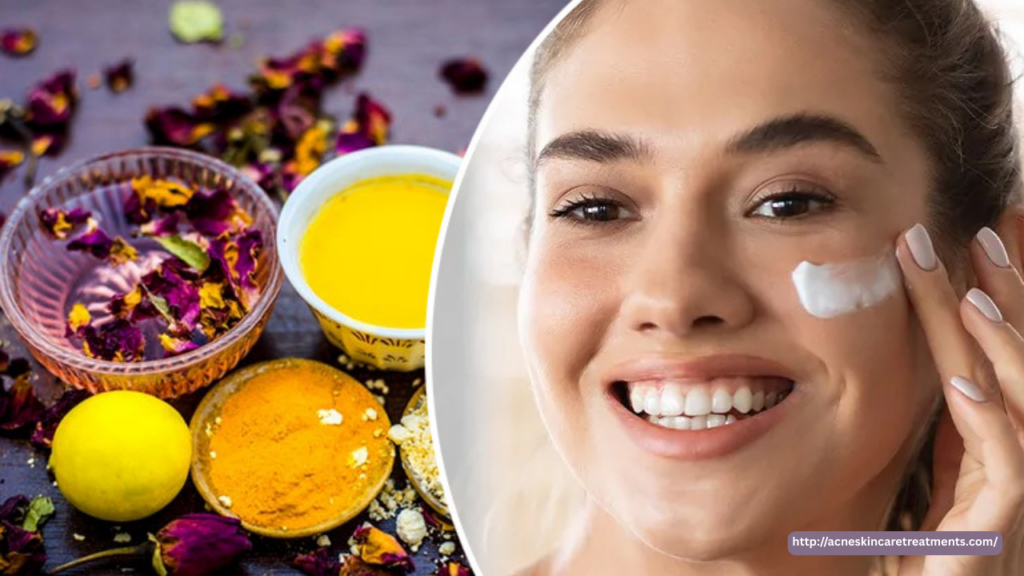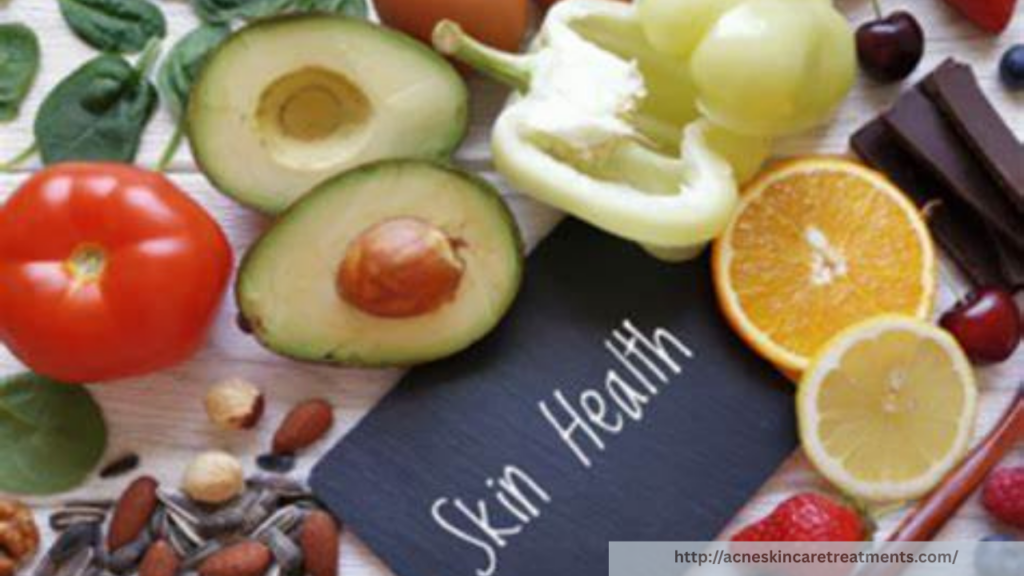
In an age of 10-step routines and viral skincare products, achieving radiant skin has become more about consumerism than wellness. Many people find themselves stuck in a cycle of constantly purchasing new products, hoping to find the one that finally works. This dependency, often referred to as skincare addiction, not only strains wallets but can also irritate the skin and mask deeper health issues. The good news? Radiant, healthy skin can be cultivated naturally, starting with what you feed your body.
The Inside-Out Approach to Radiant Skin
Skin is a reflection of your internal health. When your body is nourished with the right nutrients, your skin becomes more resilient, vibrant, and naturally beautiful. Instead of relying solely on external products to fix skin concerns, focusing on your diet can address root causes such as inflammation, dehydration, and hormonal imbalances.
Some of the most skin-nourishing nutrients include:
- Vitamin C: Crucial for collagen synthesis and skin repair. Found in citrus fruits, bell peppers, and strawberries.
- Vitamin A: Supports cell turnover and helps prevent acne. Found in carrots, sweet potatoes, and leafy greens.
- Omega-3 Fatty Acids: Reduce inflammation and support skin hydration. Found in fatty fish, walnuts, and flaxseeds.
- Biotin and B Vitamins: Promote cell growth and a healthy glow. Found in eggs, nuts, whole grains, and avocados.
- Water: Staying hydrated flushes out toxins and helps keep your skin plump and luminous.
The Trap of Skincare Addiction
Skincare addiction often arises from a desire for quick fixes. It can manifest as excessive product layering, impulsive purchases, or anxiety over skipping a step in your routine. This not only overwhelms your skin but can lead to sensitivity, dependency, and damaged skin barriers.
Signs of skincare addiction include:
- Frequently changing your skincare routine
- Using more than 5-6 products at once
- Experiencing skin irritation or breakouts from product overuse
- Feeling panic or guilt when missing a skincare step
Breaking this cycle involves shifting the focus from external treatments to internal nourishment.
Natural Strategies for Glowing Skin
To achieve skin radiance naturally, consider these holistic, sustainable practices:
- Eat Colorfully: Incorporate a rainbow of fruits and vegetables to ensure a broad spectrum of skin-loving antioxidants.
- Include Healthy Fats: Avocados, nuts, seeds, and olive oil help maintain moisture and elasticity.
- Limit Processed Foods and Sugar: These can lead to inflammation and breakouts.
- Support Gut Health: Probiotics from yogurt, kefir, and fermented foods promote clear skin by balancing gut flora.
- Stay Active: Regular exercise improves circulation, delivering oxygen and nutrients to skin cells.
- Get Enough Sleep: Skin repairs and regenerates while you sleep, so aim for 7-9 hours per night.
Conclusion
Radiant skin doesn’t come from a bottle—it starts with what you nourish your body with. By feeding your skin the right nutrients and adopting a balanced lifestyle, you can achieve a healthy glow without falling into the trap of skincare addiction. Rather than chasing trends, focus on cultivating wellness from the inside out. Your skin will thank you with a glow that no product can replicate.

